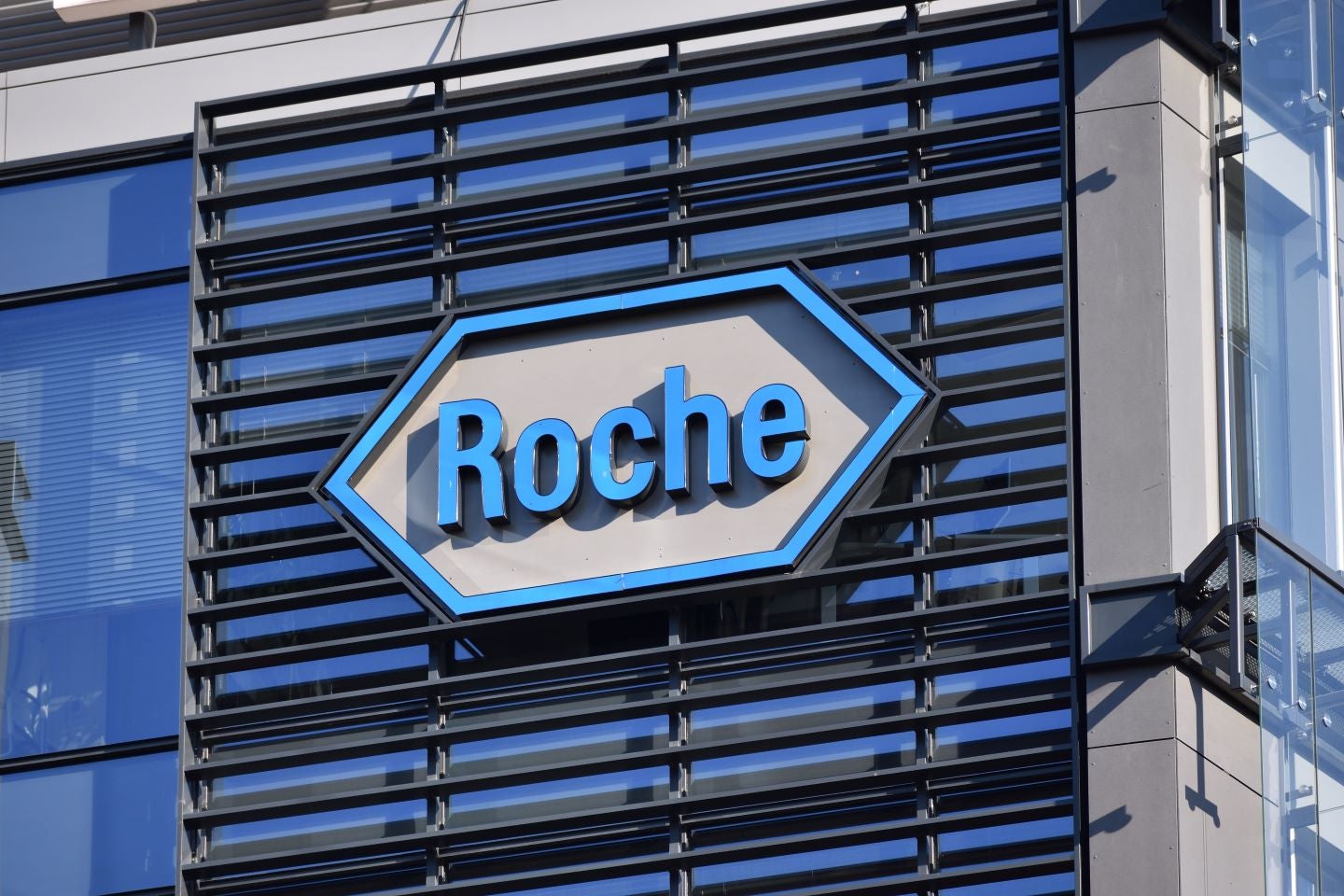On October 24, Dyno Therapeutics announced the formation of a new strategic partnership with Roche to develop adeno-associated virus (AAV) gene therapy vectors to target neurological diseases. The utilisation of AI is a key industry trend in the development of gene therapies in neurological disorders and could improve the vector properties and the delivery of gene therapies in the central nervous system (CNS).
With the formation of a new strategic partnership, Dyno Therapeutics is responsible for the development of novel AAV capsids by incorporating AI and high-throughput in vivo data collection. In turn, Roche will conduct capsid validation studies into further preclinical, clinical, and commercialisation activities for the gene therapy assets. Under the terms of the agreement, Roche will pay Dyno Therapeutics $50m upfront, along with additional payments during the research phase of the collaboration, plus potential preclinical, clinical, and sales milestone payments totalling over $1bn, and royalties on net sales of commercial products.
Dyno Therapeutics and Roche have yet to disclose the neurological diseases they will prioritise. According to GlobalData’s published report: ‘Cell & Gene Therapies in CNS Disorders‘, marketed gene therapies target rare or orphan monogenic diseases. Key opinion leaders (KOLs) previously interviewed by GlobalData noted that single-gene CNS disorders that have a known genetic mutation provide clear targets for gene therapies. However, many CNS disorders are not monogenic. As such, the development of gene therapies in CNS disorders has pivoted towards rare familial forms of neurodegenerative disease, targeting subpopulations of patients within large indications where there is a known genetic mutation. According to GlobalData’s Drug database, amyotrophic lateral sclerosis is the top CNS disorder with the most AAV gene therapies in development, with 40 assets in discovery to Phase II. This is followed by Parkinson’s disease and Alzheimer’s disease with 37 and 34 assets, respectively. The pipeline is concentrated towards the early stages of drug development (IND/CTA filed, preclinical, and discovery). Only 11% of the pipeline assets for these neurodegenerative disorders are in clinical development (Phase 0 to Phase II).
Current AAV vectors are based on naturally occurring viruses and are key for delivering gene therapies due to their promising attributes of low genotoxicity profile in patients and efficiency at expressing transgenic DNA in various cell types in many tissues. However, KOLs previously interviewed by GlobalData noted that some patients are ineligible for gene therapy treatment due to a positive antibody serology test against the AAV vectors or elevated liver transaminases. Dyno Therapeutics proposes that its platform to engineer AAV capsids could improve tissue targeting, immune-evasion, and resolve manufacturing challenges associated with AAVs.
However, historically the development of gene therapies has been difficult, with a lengthy development timeline. KOLs previously interviewed by GlobalData agreed that a key challenge in developing gene therapies for neurological disorders is the ability of gene vectors to permeate the blood-brain barrier (BBB). Furthermore, due to the small genome size of AAV vectors, the capacity to package a therapeutic gene is restricted. To overcome this, pharma companies have been exploring the intrathecal and intraparenchymal administration routes of gene therapies rather than an intravenous infusion. However, KOLs worry that a high viral vector load in the brain for CNS disorders could lead to local adverse events. As such, Roche and Dyno Therapeutics will have to develop a novel gene delivery that efficiently bypasses the BBB, with the transgene being expressed at the target cells.

US Tariffs are shifting - will you react or anticipate?
Don’t let policy changes catch you off guard. Stay proactive with real-time data and expert analysis.
By GlobalData




